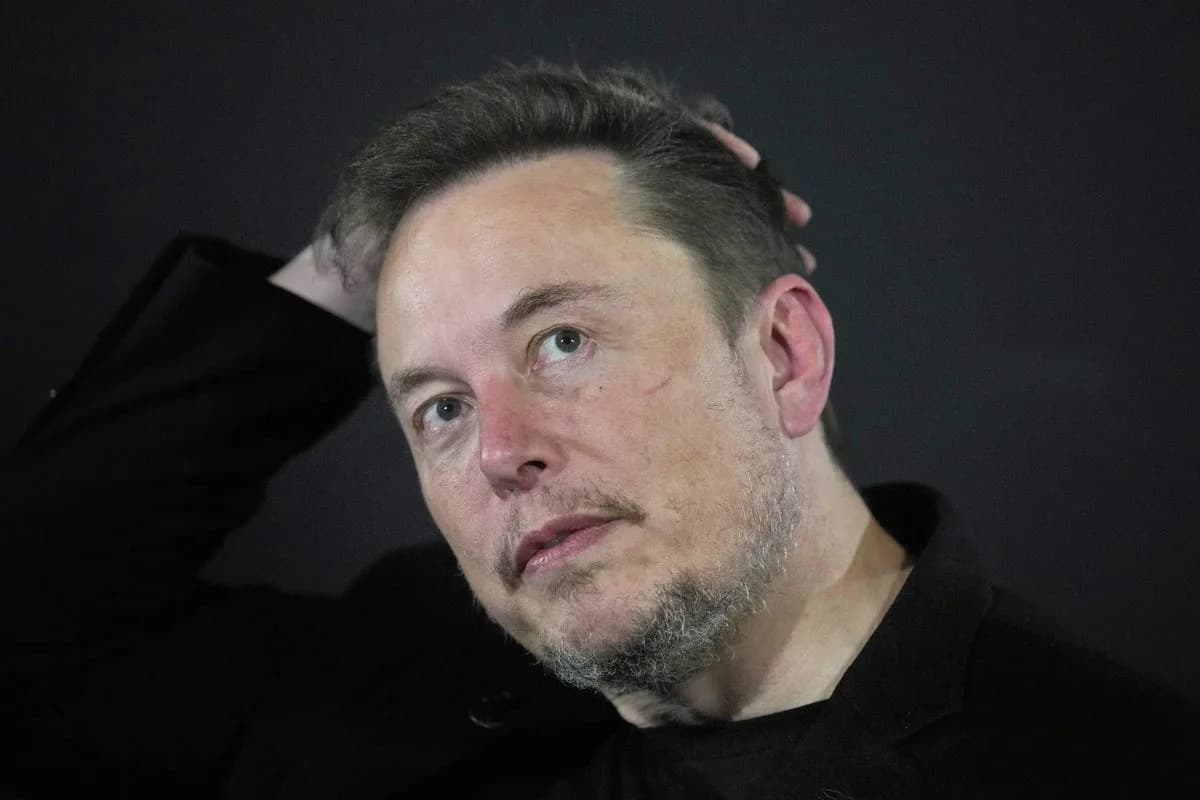Summary: Wikipedia’s long-standing dominance has provoked criticism over perceived editorial bias and contentious framing of sensitive topics. Elon Musk’s Grokipedia, built from Wikipedia’s openly licensed content and backed by substantial resources, promises curated alternatives but depends heavily on AI — which an EBU study found produced significant errors in roughly 45% of samples. The piece argues that the root problem may be economic: a "free" model reduces incentives to fund professional editing, and without stronger verification, an influx of AI-generated content could lower information quality.
Grokipedia vs Wikipedia: A Necessary Rival — But Can Musk’s AI-Powered Copy Deliver?

Grokipedia vs Wikipedia: A Necessary Rival — But Can Musk’s AI-Powered Copy Deliver?
For nearly two decades Wikipedia has been the internet’s ubiquitous reference: sprawling, persistent and difficult to dislodge. That dominance has produced frustration as well as gratitude — and the arrival of Elon Musk’s Grokipedia, cloned under Wikipedia’s permissive licence, has been greeted by many who want change.
Why people are angry
Critics point to editorial decisions they see as biased or dismissive. Last year, for example, Wikipedia retitled its article on a UK child-sex scandal to “Grooming gang moral panic in the United Kingdom”, a move that many said downplayed the scale of the crimes and offended victims. Editors initially defended the retitling; although the title was later revised, similar disputes about framing and language have persisted.
On the Covid-19 origins debate, Wikipedia has also shifted its stance: where discussion of a possible lab leak was once restricted, the site now treats the theory skeptically. Critics contend that some statements on the lab-leak page — such as assertions that "there is no evidence supporting laboratory involvement" — are presented more categorically than the available citations warrant.
Other controversies cited by critics include the temporary removal of material from the Hamas article about its 1988 charter after the Oct. 7 attacks, and concerns about the Wikimedia Foundation’s growing financial role. Some commentators allege the foundation has directed large sums through donor intermediaries; defenders say the WMF has broadened its philanthropic activity as it has grown.
How Grokipedia emerged
Wikipedia’s permissive licence explicitly allows republication and reuse, which enabled Grokipedia and other clones such as Justapidea to appear quickly. Grokipedia has combined much of Wikipedia’s material with a handful of curated replacements for pages that critics find most problematic — for example, on the lab‑leak theory — and it benefits from Musk’s resources and high profile.
AI: strength and hazard
Musk’s project leans heavily on artificial intelligence to generate and update content. That choice offers scale and speed, but it brings known risks. A survey for the European Broadcasting Union (EBU) found that about 45% of outputs from four major large-language models contained at least one significant issue, most often unsupported claims or so-called "hallucinations." The same study highlighted examples such as assistants making internally inconsistent statements, misattributing quotes and returning links that did not match cited sources; Google’s Gemini recorded the highest error rate in that sample, at 72%.
AI can be a fast intermediary between users and stored texts, but its tendency to fabricate or conflate details means publishers and platforms must apply rigorous oversight. Relying on LLMs without strong editorial controls risks amplifying mistakes across a large audience.
Deeper causes: economics and incentives
Beyond processes and tools, there is an economic argument at the heart of the crisis: both Wikipedia and Grokipedia aim to be free. That model reduces incentives to pay skilled editors and journalists, and critics argue a market that rewarded professional work might produce higher-quality, diversified reference products. In short, "free" has benefits for access but can undercut sustainable quality.
Where this leaves us
A new rival to Wikipedia is probably overdue; the question is what form that rival should take. Grokipedia’s resources and willingness to tinker with contentious entries give it a chance to attract users, but its reliance on AI and on a license that simply copies existing content will test its credibility. Whatever the outcome, the debate highlights a broader need: better incentives, clearer editorial standards, and stronger verification if public knowledge is to remain trustworthy in an era of rapid AI-driven content production.
Bottom line: Competition may improve reference tools, but only if it combines transparent editing, robust fact-checking and sustainable funding — whether public, philanthropic or market-based.
Help us improve.


































